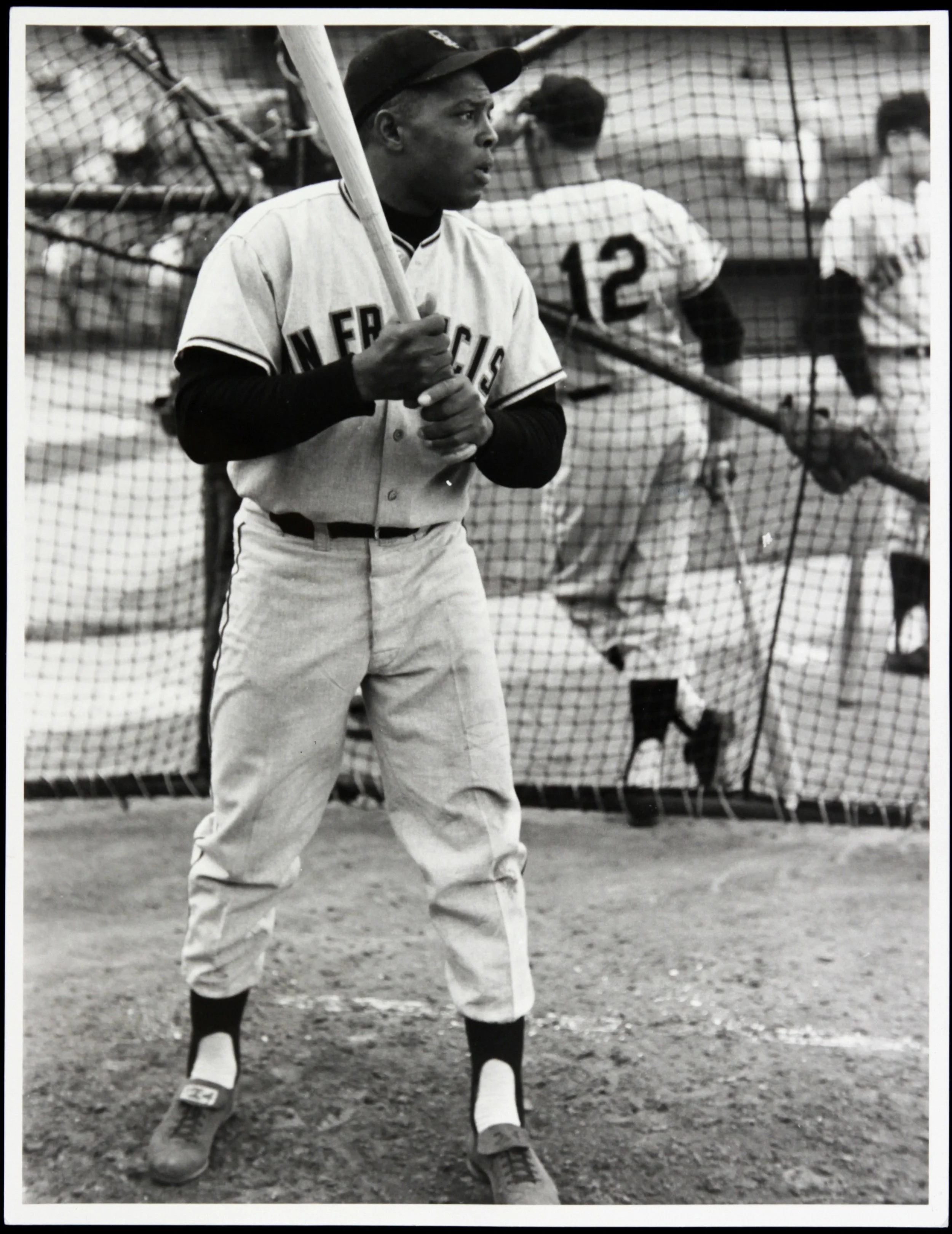Fandom Flux - The Permanence and Transience of Franchises
Sports fandom has an uncomfortable relationship with change. Players change teams constantly, and yet there is also tons of articles, commentary, and grumblings about players leaving to go to other teams and how that is a betrayal to the fans. Especially if they leave for better pay elsewhere. (There are, conversely, cheers when acquiring a new, talented player).
Players are people doing their, admittedly very well paid, job. You wouldn’t begrudge a friend if she got a new job elsewhere with better pay. Or just wanted a change. It’s a reasonable thing to want. From that perspective, players are making rational employment choices, and not betraying anything.
That said, if Madison Bumgarner or, heaven forbid, Buster Posey, leaves the Giants to play for another team, I will cry. But I will get over it and wish them well. Eventually. But even if they never play for anyone else, they will one day retire, and be replaced by other players. Because sports teams, as painful as it can be, are always in a state of flux.
Sports teams live in an awkward in-between state at all times. They have both a level of permanence, but also is inherently transient, because the players and teams move or retire. The players on the SF Giants are all different than the ones when I was a kid. 100% turnover. At the same time, the Giants as a team, as a sports franchise, have existed since the 1880s, and have been the San Francisco Giants since ’59. Over 130 years, and moving across the country and it’s still the same franchise, but the actual players are constantly changing, even within a single season.
This state of flux is not just a part of sports fandoms, but pretty much every franchise I can think of. Spider-Man is the perfect example. There have been four different movie Spider-Men in the past 20 years, including three Peter Parkers, and one Miles Morales all inhabiting different universes that are completely unconnected to each other. The Spider-Man in the Marvel movies played by Tom Holland is completely divorced/unconnected to the Toby Maguire Spider-Man, the Andrew Garfield Spider-Man, or the Shameik Moore Spider-Man. But it’s all still Spider-Man. Simultaneous permanence and transience.
And that’s just one superhero. There are countless versions of Batman, and not to mention endless reboots of basically everything, and the introduction of spinoffs. Is a sports team completely changing players really that different from a spinoff? Albeit it one that happens more gradually. A better analogy would be that a sports team relocating cities is basically a reboot.
Just like with any ongoing object of fandom, the fans themselves have different preferences for certain eras. I think about the Giants as basically jumping from the 2002 team to the 2010 team, largely ignoring those dark, depressing years in between. We all have our favorite version of the Doctor from Doctor Who (Ten aka David Tennant is mine).
The flux of franchises highlights the ephemeral aspects of pop culture. Because pop culture, even more so than culture in general, is constantly changing and adjusting. One year boy bands are all the rage, the next its hip-hop. Franchises, because of their permanence, or at least semi-permanence, retain continuity while also adjusting to fit the times. This can be as extreme as a dark gritty reboot of Superman, or as minor as a baseball team investing in hitters rather than pitchers.
In some ways, the permanence of franchises is both a blessing and a curse. I may never get to have seen Willie Mays play, but I’m still proud he was on the Giants. I get to be a part of the entire history of the franchise. On the other hand, I have to suffer through the slings and arrow of terrible plots and frustrating ret-conning. It is, as all things are, a mixed bag.
But regardless it is the nature of the beast. And an important thing to remember, no matter how much you’ll miss your favorite baseball player once they move on, or hate the latest series in a franchise. Because it neither erases the awesomeness of the past or is itself permanent. It, too, will change.





